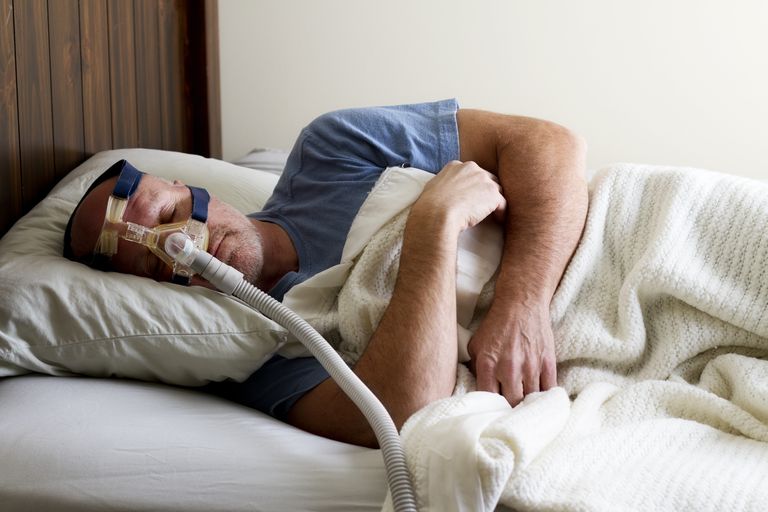
Sleep apnea affects millions of people in the world and most cases go undiagnosed. A lot of sufferers may not be aware they have this disorder which might be an underlying cause of their health issues. But, some people may be aware they have sleep apnea but are not informed about the serious consequences of not getting treatment for their condition. Sleep apnea is characterized by frequent pauses in breathing during sleep. Obstructive sleep apnea is the most common type of sleep apnea. Being aware of the symptoms of sleep apnea will help sufferers get the necessary treatment.
The following are the common sleep apnea symptoms:
Loud, Chronic Snoring
When a person snores, the sound is produced by the vibrations in the upper respiratory airways during sleep. This occurs due to a partial blockage as air cannot freely move through the airways. A lot of people don’t know they snore. But, snoring does not guarantee that a person has sleep apnea. But, if the snoring is loud, disruptive, and takes place every night, this could be a sign of sleep apnea.

Frequent Pauses in Breathing
Obstructive sleep apnea involves the fatty tissues of the throat or tongue becoming relaxed during sleep and falling back into the airways, restricting airflow and causing a stop in breathing. When a sleep apnea kicks in, your blood’s oxygen levels drop, causing your brain to weak itself from sleep and get your respiratory system to work properly again. This phenomenon can take place up to 30 times in an hour and lasts up to 10 to 20 seconds at a time. But, apnea events can happen hundreds of times per night to people with obstructive sleep apnea.
Daytime Sleepiness and Exhaustion
Even if you were in bed for eight hours, those pauses and sleep interruptions reduce the number of quality and quantity of sleep you need to have every night. This is the reason you may feel tired or sleepy in the day.
Frequent Headaches
When you stop breathing frequently during your sleep, your brain does not get enough oxygen. Low oxygen levels can cause widening of the blood vessels which can lead to vascular headaches. Together with daytime drowsiness, headaches are the common symptoms that people with sleep apnea complain about.

Hypertension
High blood pressure is usually associated with sleep apnea. This results from the frequent pauses during sleep. As your brain realizes the lack of oxygen in the blood, it restricts the blood vessels to get your systems working again, causing a spike in your blood pressure.











